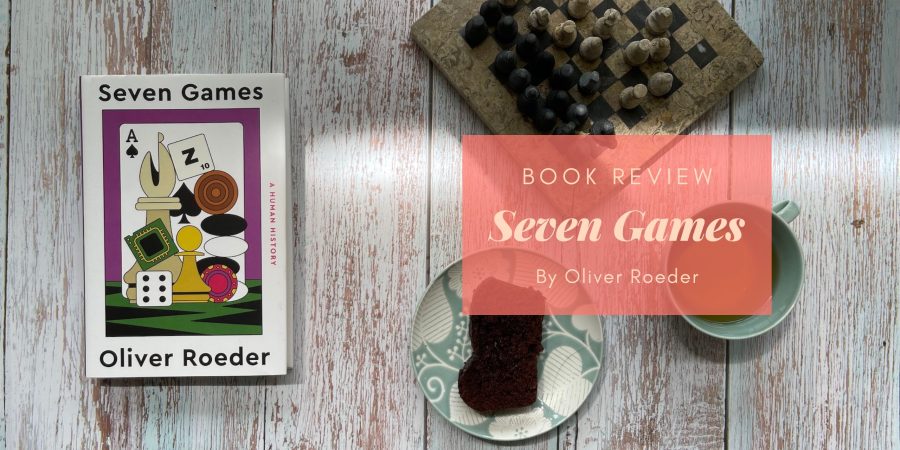Do you play games? I have to admit that if I have time, I prefer to read or watch a show than play a game (the gamification of our lives is a different thing). The only games that I’ve picked up recently are Pokemon Masters (smartphone game) and Magic: The Gathering (card game). Well, neither of these two games are in the book, which focuses on:
- Chess
- Go
- Checkers
- Backgammon
- Poker
- Scrabble
- Bridge
Given the book’s subtitle: A Human History, I expected this book to focus on the history of games. Instead, most of the book is focused on how Artificial Intelligence solve the problems posted in the games (except for Bridge, due to its unpopularity, although a piece of software is mentioned). Any history mentioned is quite brief and often focused on the recent years of the game. There’s also a strong Western focus to the game, for example, the chapter on Go doesn’t really look at how the popularity of Go in Korea or China, and Japan is really mentioned only as the opening story that frames the chapter. But how is the game faring in this country? Is there any difference in the way people in different countries view the game?
But perhaps these aren’t the questions that the Roeder wants to answer. Instead, the book is focussed on asking: what does it mean to play a game? Can we really say that AI programmes play the game? What is the effect of software on the competitive scene for each game? These are valid and interesting questions, but I wonder if they need to be repeated in almost every chapter; could the book have benefited from some variety? Perhaps a focus on AI in one chapter, a focus on cross-cultural play in another, and also a focus on how games gain popularity and die in yet another chapter.
Surprisingly, I really liked the chapter on checkers – the story of Marion Tinsley was fascinating to me. Another fun surprise was the chapter on backgammon, which I’ve never played and didn’t expect to find so interesting. I don’t think I fully understand the strategy, but I definitely realised the hidden depths of the game after reading about it. The chapter on chess was also fun, since I recognised quite a few names.
Overall, what I expected and wanted from this book was fairly different from what I got out of it. This doesn’t mean the book is bad, it just means that the subtitle led me down the wrong path. If you’re looking for a straightforward history of these seven games and how they intertwine with human history in general, you may be disappointed. On the other hand, if you’re interested in reading about how AI is affecting various games, and if you’re really interested in what AI playing games could mean, this is a book that will interest you.

Not my kind of book but looks interesting for game lovers.
Yes, I think you need to be interested in at least one of these games!
It’s a shame the book doesn’t go into more detail when it comes to Go in Asia as it’s really popular there. I fell in love with the game after reading Hikaru no Go. Used to love playing it online against Chinese and Korean players too. Though I mostly just got my ass kicked.
I used to read Hikaru no Go too! The book does start with a significant match played in Japan, but I still wish there was more history + information about the modern Go scene rather than just the AI stuff
A discussion on AI playing these classic games sounds fascinating!
Then you may enjoy this book! It’s a lot more techy than I expected!